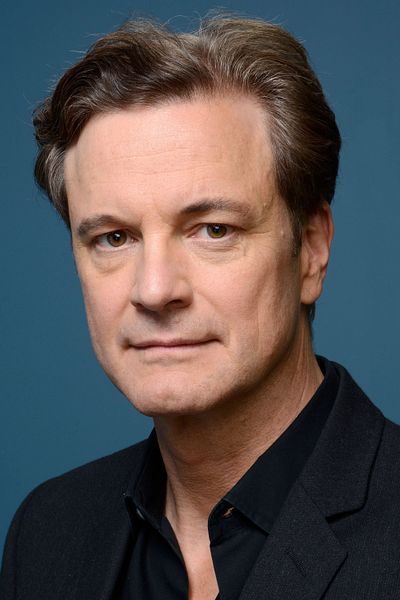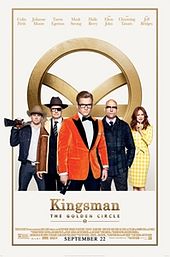A thrilling work...
At the height of the First World War, two young British soldiers, Schofield (George MacKay) and Blake (Dean-Charles Chapman) are given a seemingly impossible mission by their commanding officer (Colin Firth). In a race against time, they must cross enemy territory and deliver a message that will stop a deadly attack on hundreds of soldiers— Blake’s own brother among them.
If '1917' reminds you a little of Christopher Nolan's 'Dunkirk' from its trailer and the general vibe from it, you're not wrong for thinking so. Looking at the trailers and even the music for them, there is a definite sense that the marketing campaign is designed to draw a line between the two movies, but that's about all there is to compare the two. Where 'Dunkirk' relied on spectacle and diverging storylines, '1917' keeps the focus on one story, two men, and a race against time.
What makes '1917' different from 'Dunkirk', beyond the most obvious parts like setting, story and so forth, is that while 'Dunkirk' kept itself relatively apolitical, '1917' at least acknowledges that war is ultimately a mindless slaughter of young lives and nothing more. The one-shot continuity means that we are strapped into these young lives and can't look away from them. When they're shot at, when a plane spectacularly falls out of the sky right next to them, it's frightening because we are on them the entire time. We can't pull back from it or remove ourselves from it. Mendes' intent is to put the audience into the middle of No Man's Land it works.
Although the one-shot continuity may seem like it's flashy, you almost begin to not recognise it - save for one or two scenes, one example has the camera literally diving into the water after a protagonist falls from a bridge. Thomas Newman's brassy score heightens the scale and suspense, but it's to the credit of George Mackay and Dean-Charles Chapman that they never once oversell anything of what they're going through. A number of well-known faces, such as Colin Firth and Andrew Scott, pop up for a scene and move on, but the story is on the two protagonists throughout. We never need to know more of them than what we see, and the screenplay - light though it is - services them well. The true hero of '1917' is, of course, cinematographer Roger Deakins and Sam Mendes' command of staging.
The panic that festers throughout '1917' comes in small increments, but it's how Deakins' camera tracks them at every turn as it pulls back little by little to reveal the true scale of the horror and the shock of World War I. Again, it's to Mendes' credit that it doesn't open on some massive tracking shot and builds its way through to burnt-out buildings and towns to a massive trench charge that looks incredible on IMAX.
If there's a complaint to be made against '1917', it's that its simplicity of story means it's going to end in a way you can easily foresee. It's either going to go one of two ways, and while that might not necessarily preclude you from enjoying the movie, the momentum is pushing towards the end so much that you can't not think about it. Still, the journey is the point and on that, '1917' is a thrilling work.
'1917' is now available on demand from Amazon, Sky Store, Microsoft Store, Google Play, iTunes, Rakuten TV, BT TV Store, or TalkTalk TV.




















































































